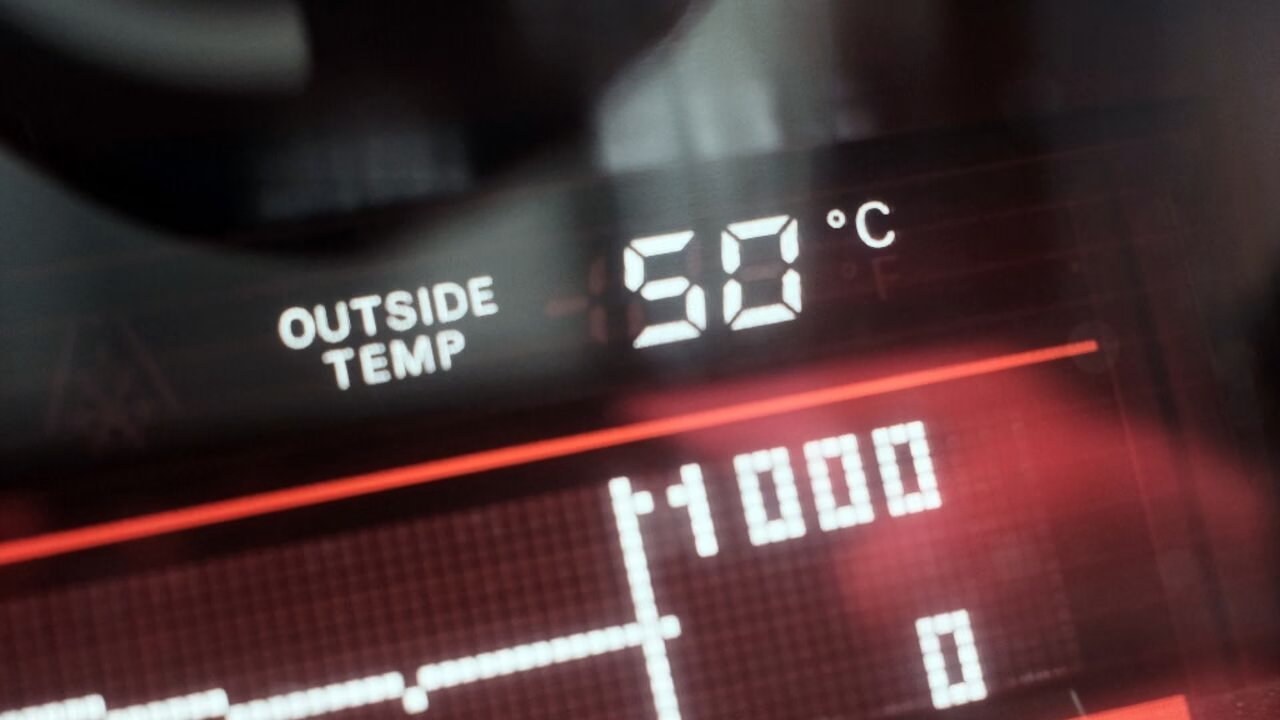The United Arab Emirates experienced its hottest May day on record Friday, registering a scorching 50.4°C (122.7°F), as extreme heat and humidity gripped the country already vulnerable to climate change.
The record-breaking temperature was recorded in an area of Abu Dhabi, the capital of the Gulf state, surpassing the previous high of 50.2°C set in 2009, according to the National Center of Meteorology (NCM). This marks the highest May temperature since record-keeping began in 2003.
Residents across the UAE reported struggling to cope with the conditions. Worshippers at Friday prayers said they felt faint, with some appearing visibly unstable. “The weather was extremely hot today, unbearably so,” said a 26-year-old Abu Dhabi resident. “I was drenched in sweat by the end of the prayers… I felt like I was about to faint.”
Humidity reached up to 80% in parts of Abu Dhabi, compounding the discomfort. Dubai-based marketing specialist Mohammed Juma, 31, said he witnessed someone nearly collapse on the street. “God help people, truly,” he remarked.
Youssef, a 45-year-old hot air balloon operator in Dubai, described the air as “suffocating,” noting, “The whole problem is in the humidity. The air had no oxygen.”
The NCM urged the public to take precautions: avoid direct sun exposure, stay hydrated, wear light clothing, and apply sunscreen.
The blistering May follows a record-breaking April, where average daily highs reached 42.6°C across the UAE. Scientists have long warned that frequent, prolonged, and intense heatwaves are a direct consequence of global warming. According to recent studies, the number of extremely hot days worldwide has nearly doubled over the past 30 years.
A 2024 report by the International Labour Organization found that 83.6% of outdoor workers in Arab countries are exposed to excessive heat stress — one of the highest rates globally.
The consequences of rising temperatures have already proven deadly. During last year’s Hajj pilgrimage in Saudi Arabia, over 1,300 people died, many due to prolonged exposure to extreme heat.
A 2022 Greenpeace report identified the Middle East — including the UAE — as one of the regions most at risk from climate change, facing severe threats to water and food security. The report highlighted that the region is warming nearly twice as fast as the global average, making it particularly vulnerable to extreme heatwaves and resource shortages.
As the host of the COP28 climate summit in 2023, the UAE’s ongoing battle with rising temperatures underscores the urgent need for both local adaptation strategies and global climate action.



